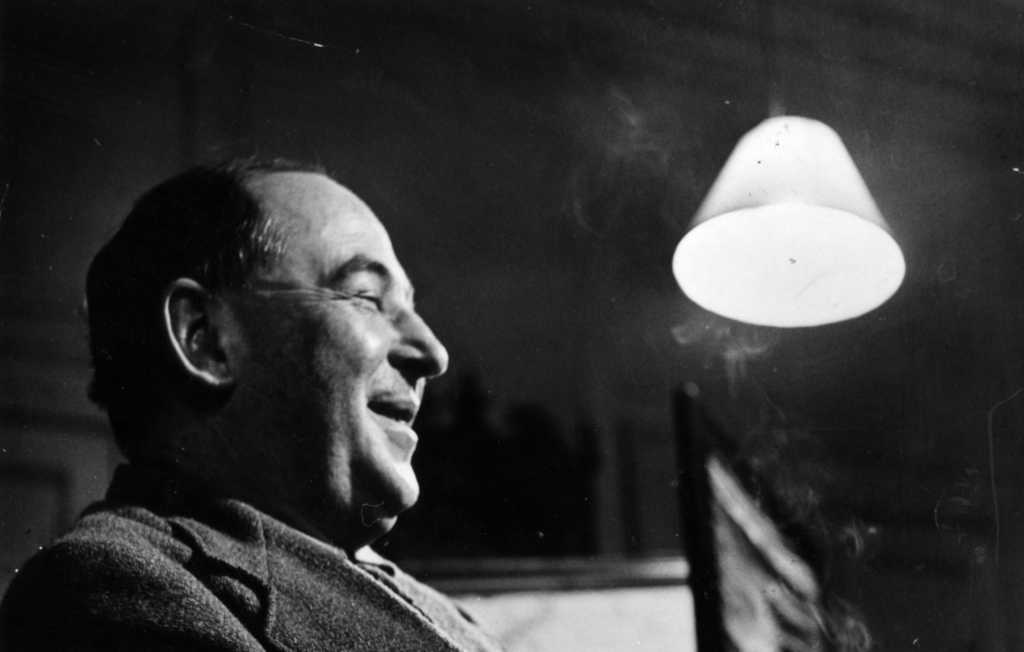It’s easy to panic in times of great uncertainty, like with the growing concern over the novel coronavirus, formally named COVID-19. We should all take necessary precautions, following the instructions given to us by medical experts.
We should also remember that, no matter the situation, nothing happens outside God’s control or care. Scripture calls the Lord our “rock,” our “fortress,” and our “deliverer” (Psalm 18:2). Some 72 years ago, the great C.S. Lewis reminded his readers of those truths, calming fears over an atomic bomb.
Those words are just as appropriate now, regarding COVID-19. The following is an excerpt from an essay Lewis wrote in the 1940s, which is now found in a collection of his works called “Present Concerns.”
In one way, we think a great deal too much of the atomic bomb. “How are we to live in an atomic age?” I am tempted to reply: “Why, as you would have lived in the sixteenth century when the plague visited London almost every year, or as you would have lived in a Viking age when raiders from Scandinavia might land and cut your throat any night; or indeed, as you are already living in an age of cancer, an age of syphilis, an age of paralysis, an age of air raids, an age of railway accidents, an age of motor accidents.”
In other words, do not let us begin by exaggerating the novelty of our situation. Believe me, dear sir or madam, you and all whom you love were already sentenced to death before the atomic bomb was invented: and quite a high percentage of us were going to die in unpleasant ways. We had, indeed, one very great advantage over our ancestors—anesthetics; but we have that still. It is perfectly ridiculous to go about whimpering and drawing long faces because the scientists have added one more chance of painful and premature death to a world which already bristled with such chances and in which death itself was not a chance at all, but a certainty.
This is the first point to be made: and the first action to be taken is to pull ourselves together. If we are all going to be destroyed by an atomic bomb, let that bomb when it comes find us doing sensible and human things—praying, working, teaching, reading, listening to music, bathing the children, playing tennis, chatting to our friends over a pint and a game of darts—not huddled together like frightened sheep and thinking about bombs. They may break our bodies (a microbe can do that) but they need not dominate our minds.
Lewis is not the only one with wise words in the middle of panic.
The 16th century theologian Martin Luther had this to say during the bubonic plague, offering his thoughts on how best to practically and spiritually overcome.
You ought to think this way: “Very well, by God’s decree, the enemy has sent us poison and deadly offal. Therefore, I shall ask God mercifully to protect us. Then I shall fumigate, help purify the air, administer medicine, and take it. I shall avoid places and persons where my presence is not needed in order not to become contaminated and thus perchance infect and pollute others, and so cause their death as a result of my negligence. If God should wish to take me, he will surely find me and I have done what he has expected of me and so I am not responsible for either my own death or the death of others. If my neighbor needs me, however, I shall not avoid place or person, but will go freely.”
As I wrote earlier this week, as Christians, it is OK to be concerned, particularly if we are in an at-risk class or love someone who is, like the elderly and those who are immunocompromised.
But we don’t need to be gripped with fear, because the Lord has given us a spirit “of power, love, and self-discipline” and has encouraged us to “pray about everything,” telling him what we are scared of, worried about, and dwelling on (2 Timothy 1:7, Philippians 4:6).



